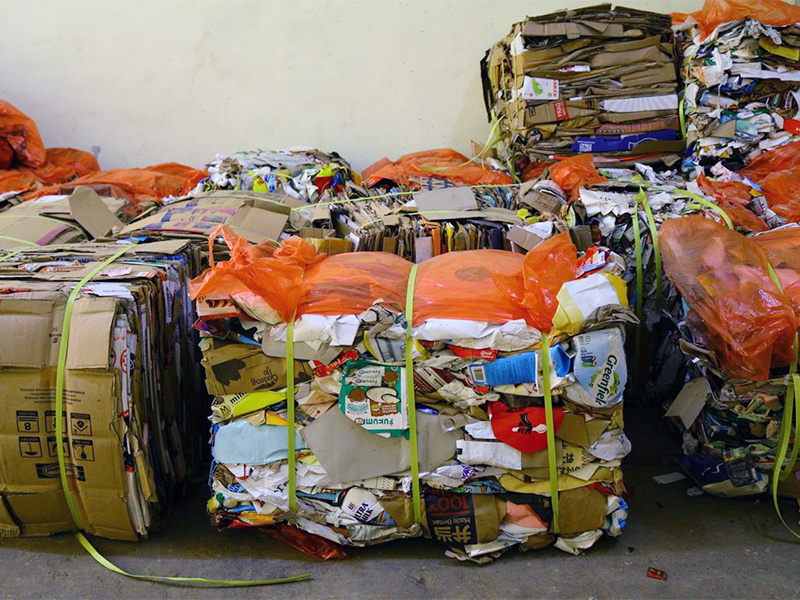

Monday, July 7th 2025 Reporter: Aldi Geri Lumban Tobing Translator: Rizky Mawardi 185

(Foto: Istimewa)
Jakarta Environmental Agency appeals commercial areas and companies to manage their waste independently. It aims to create efficient, sustainable and managed waste management from the source.
"Mendukung visi Kota Jakarta sebagai kota global yang bersih, hijau, berdaya saing dan berkelanjutan,”
Jakarta Environmental Agency Head, Asep Kuswanto explained it has been regulated in Article 12 of Regional Regulation Number 4/2019 about Amendments to Regional Regulation Number 3/2013 about Waste Management and Regional Regulation Number 102/2021 about Waste Management Obligations in Areas and Companies.
Asep said his side will optimize the implementation of this policy so that the allocation of the City Budget for waste management is more efficient and on target.
"Commercial areas must finance their own waste management and no longer burden the regional budget, so that regional budget allocations can be directed to activities that are more of a priority in realizing people's welfare," he said, Monday (7/7).
As an effort to optimize the implementation of the policy, Asep added, his side initiated a change project entitled 'Improving Waste Management in Regions and Companies Independently through a Cooperation Scheme (Pesapa Kawan)'.
According to him, the ‘Pesapa Kawan’ encourages areas and companies in Jakarta to be more independent in managing their waste through an operational cooperation scheme with BLUD or licensed private waste management service providers.
The project is equipped with a real-time digital information system, standard SOPs, a cross-sector collaborative approach, and strict supervision to prevent rogue waste management operators.
"Area managers and companies can choose to use three waste management schemes with independent financing," he added.
First, waste management is carried out by licensed private waste management services. Second, through the BLUD UPST services of the Jakarta Environmental Agency, and third, using the BLUD UPST scheme as an aggregator, which will later assign licensed private parties to manage waste in the area or company.
Asep revealed that until now only 21.6 percent of commercial area managers and companies have collaborated with private waste management services or BLUD.
"BLUD and private waste management services have business models to recover materials and energy from the waste they manage. This certainly supports the vision of Jakarta as a clean, green, competitive and sustainable global city," he stated.